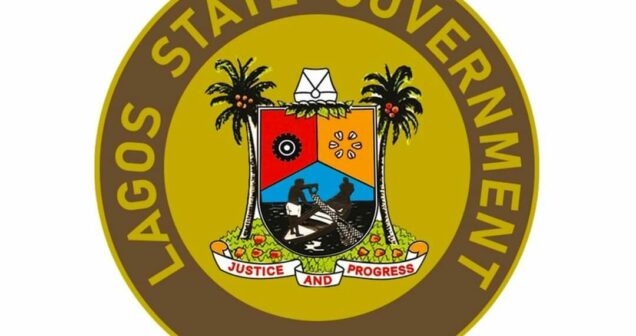Lagos renters struggles as inflation, economic reforms drive housing crisis

Nigeria’s economic crisis is taking a severe toll on renters in Lagos, as spiraling inflation and government-led economic reforms push landlords to hike rents—disrupting families, forcing children to change schools, and worsening already long commutes.
With over 20 million residents and 3,000 new arrivals daily, Lagos has long faced housing shortages, but recent policy changes—floating the naira and removing the fuel subsidy—have sent economic shocks through the system, making accommodation even more expensive.
Rent hikes are affecting both high-end and low-income neighborhoods. On Lagos’ wealthier islands, rent increases are driven by landlords with dollar-based expenses, while on the mainland, even modest homes are becoming unaffordable.
Residents across the city are grappling with steep rent increases:
Yemisi Odusanya, a food blogger and mother of five, saw her Lekki landlord raise rent by 120% and is unsure if she can find a better deal elsewhere.
Bartholomew Idowu, a transportation worker, faces a 28% rent hike on the mainland, jumping from ₦350,000 ($232) to ₦450,000 per year.
Jimoh Saheed, a personal trainer, was forced to leave Ikoyi when his rent doubled to ₦2.5 million, disrupting his children’s education and increasing his commute. His new landlord has since raised rent another 25%.
The government recently revised inflation data, putting January’s inflation rate at 24.48%, down from December’s 34.8%, but many Nigerians see little relief.
“The way out at the moment is to find a way to pay,” said journalist Dennis Erezi, who faced a 31% rent increase.
Legal experts note that rent hikes are supposed to be negotiated, not imposed, but enforcement is weak. Attorney Valerian Nwadike has seen a rise in tenant-landlord disputes, with many tenants having no legal recourse without going to court.
While many Lagosians struggle, the luxury real estate market continues to expand. Developers focus on high-end properties catering to foreigners, diaspora Nigerians, and oil-sector workers who earn in dollars.
“Most landlords are exposed to dollar-denominated expenses, like foreign mortgages,” said a director at Island Shoreline, a property management firm.
On Victoria Island, some rent increases have reached 200%, said real estate agent Ismail Oriyomi Akinola, calling the trend “alarming.”
With mortgages out of reach for most Nigerians, high interest rates, and bureaucratic hurdles slowing development, Lagos’ housing crisis shows no sign of easing. Improved public transport, such as the new Lagos-Ibadan rail line, may help, but for now, renters continue to struggle.
“Good shelter is key to every individual,” Akinola said. “Not just for the rich.”





